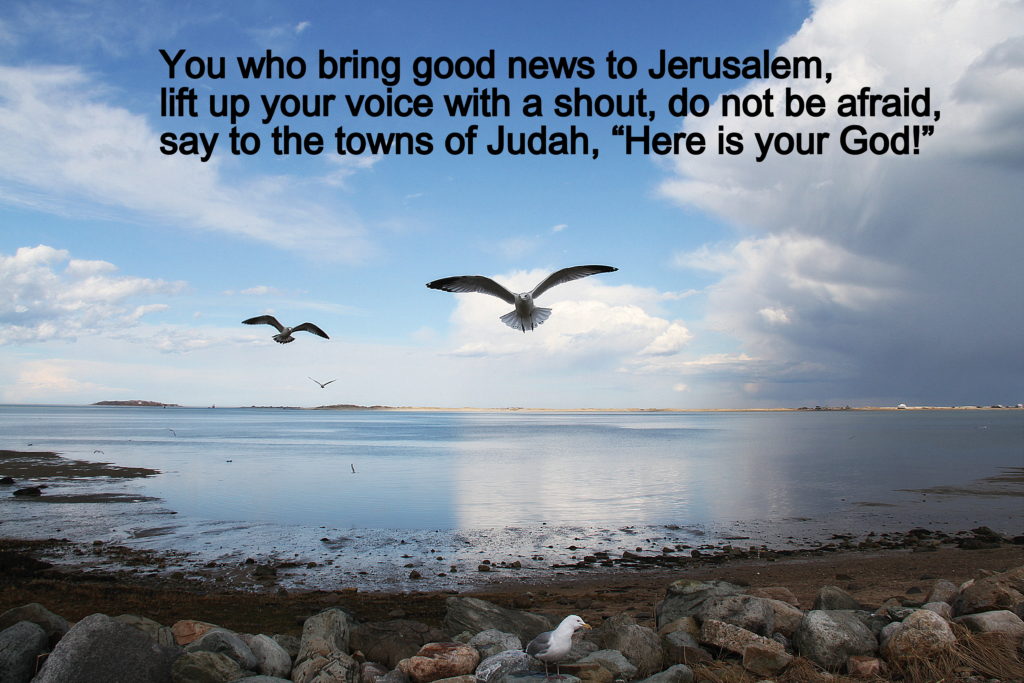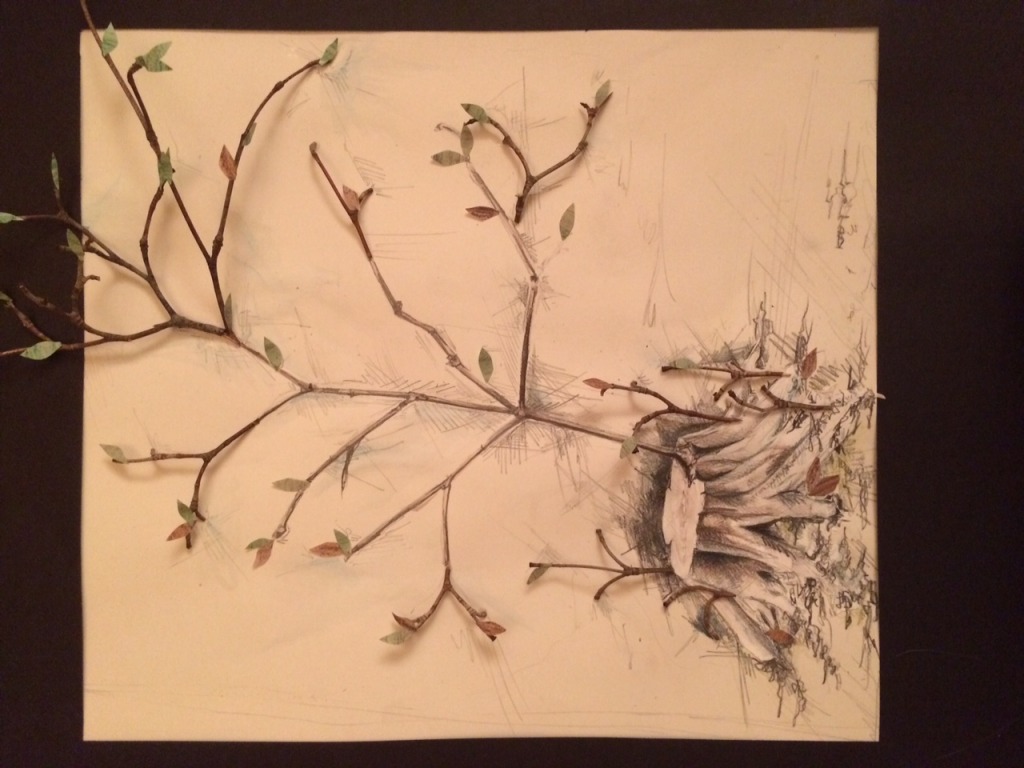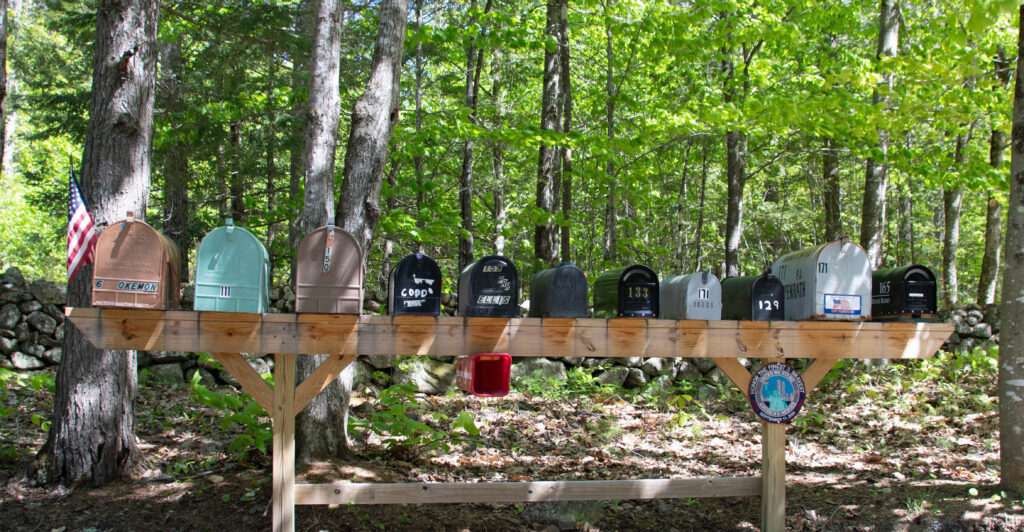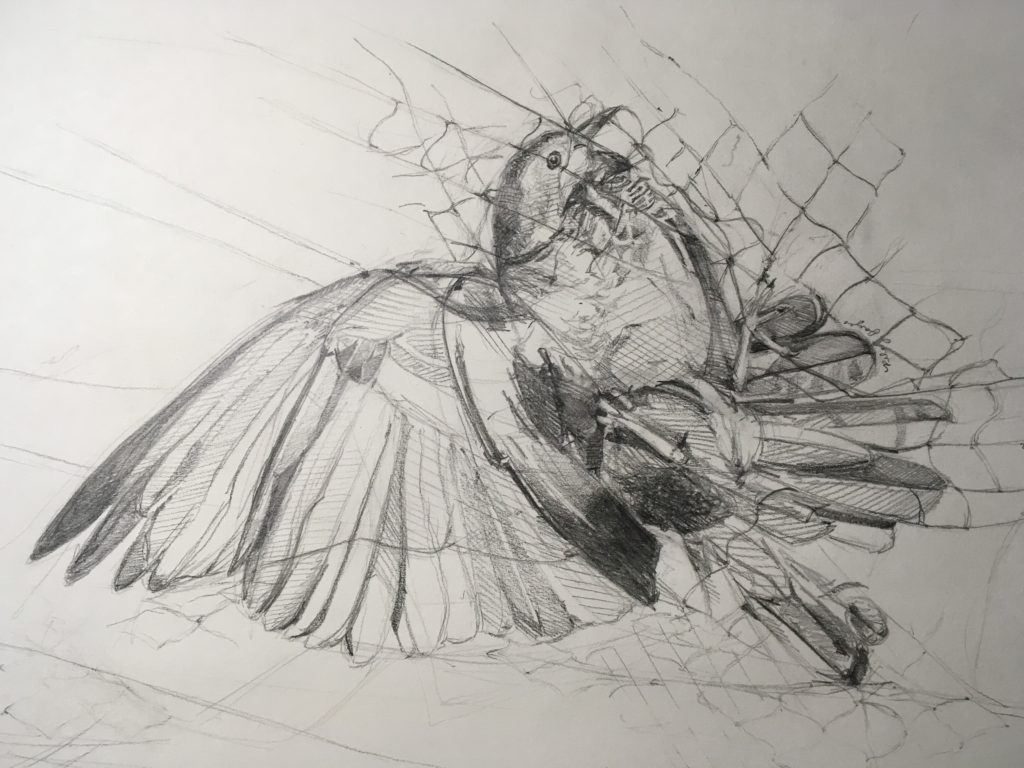Readings: Psalm 21: Genesis 15:1-18; Matthew 12:33-37
And Abram believed the Lord; and the Lord reckoned it to him as righteousness.
Genesis 15:6, NRSV
What a wonderful story we have in Genesis 15. First a little context. Abram and his wife Sarai and all those in their household, obeyed the command of God to leave their home town of Ur and head toward Canaan. They settled temporarily at Haran in Mesopotamia (Gen. 11:4). Then, they journeyed on to Canaan, to the land that God showed to them (Gen. 12:4). They were promised this land would belong to them and to their descendants, and they would become the forbears of a great nation (Gen. 12:7). Abram and Sarai, and their household, traveled around fifteen hundred miles over many years because God promised them that they would possess the land of Canaan and become a great nation.
Now, when they arrived in Canaan, both Abram and Sarai were quite old, past the age of childbearing, and the promises that the Lord had given them in the past now seemed impossible. This fact made the future that God previously laid out for them nothing but a dream, and empty assurance that had caused them to leave everything familiar to become pilgrims and wanderers. It was into this situation, without hope for the future or fulfillment of the covenant that our story begins in Genesis fifteen.
The first Word from God in this chapter is that Abram would have many descendants: Your reward will be very great (Get 15:1), but Abram did not believe it at first. In fact, his reply was, in so many words, No, I won’t. Abram, the forbearer of our faith, in this particular scene, was not the model of unshakeable trust in the Lord that he later became known for.
Even with Abram’s doubts, God took him outside to look at the stars and to count them. Of course, there were more than he could count. At that point, the Lord renewed the promise: That’s how many descendants you will have. For some reason known only to Abram, God inspired him to trust in the promise. Abram believed the Lord, according to our story, and the Lord reckoned it to him as righteousness (Gen. 15:6). An about face: here, in this moment, the cynical Abram became the pioneer of our faith. After seeing the stars in the sky, Abram trusted God’s promise, despite all appearances to the contrary, and so he, and presumably his wife Sarai, began to act from that moment on as if that promise would come to pass. In that act of trust, God opened the future to them.
Our lives with God are very much like Abram’s and Saral’s, for we, too, have been given lots of promises by our Lord. Here are a few of them:
Remember, I am with you always, to the end of the age (Mt. 28:20).
I will not leave you orphaned: I will come to you (John14:18)
Those who believe in me, even though they die, will live, and everyone who lives and believes in me will never die (John 11:25-26)
Faith, therefore, consists in believing these promises and acting as if they will be fulfilled. When we are beset by trouble on every side, when every circumstance seems to go against us and there seems to be little hope for the future, do Christ’s promises give us the strength to embrace the emptiness and desolation, and give us hope? Faith trusts God’s promises, despite all evidence to the contrary. Faith simply waits for God to fulfill those promises, knowing that ultimately God will pull it off.
In her book, Group Spiritual Direction, Rose Mary Dougherty writes this: There comes a time when we are invited into simple faith as we make decisions, trusting God to transform the ambiguity of our hearts with the fire of love and be with us in and through the uncertainty. We have done what we can. Our task is to live into the decision, seeking the support of others (when available) who share our desire for God. Gradually, we come to live in a place of love and allow that love to lead. God’s loving prayer in us becomes the testing place of discernment. Through the lens of that loving prayer we view our choices and come to recognize our authenticity. (Paulist Press, Mahwah, NJ, 1995, p. 33)
Offered by David Fredrickson, child of God.




